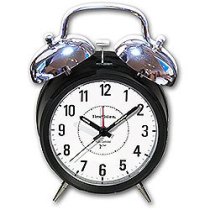 My line of work keeps me tuned in to anxiety. So does my home life. So when I come across information about anxiety I like to share. Let’s face it – even without a “formal” diagnosis of anxiety most of us experience it on some level at regular intervals. It only becomes a diagnosable condition when it negatively impacts functioning. Keeping it from becoming something that impacts your daily living can be work though.
My line of work keeps me tuned in to anxiety. So does my home life. So when I come across information about anxiety I like to share. Let’s face it – even without a “formal” diagnosis of anxiety most of us experience it on some level at regular intervals. It only becomes a diagnosable condition when it negatively impacts functioning. Keeping it from becoming something that impacts your daily living can be work though.
So today I saw an article about managing anxiety that jumped out at me. The article was about planning “worry time”. The basic concept is to set aside 30 minutes a day where you can worry, worry, worry. Outside of those 30 minutes you can’t. That has its own set of strategies and the article further discusses them, so I won’t repeat here. It is an interesting concept though, that is worth exploring.
Being a therapist, when I find myself worrying more than I should be I just use some cognitive techniques to try and quash myself. I tell to myself “stop”. I say a prayer. I ask myself if the worrying will actually change anything. I re-direct my thoughts. Different things work at different times; I fight the hardest against worrying at bedtime because I hate that I can lose sleep over something I have no control over (like worrying about whether or not the weather will ruin our plans, even though I have taken all of the steps I can to plan for any contingency).
I am very interested in what others do to stop worrying in its tracks. Time is valuable in our modern world and time spent worrying seems to be time wasted. Would setting aside specific time every day to worry allow you to free up the rest of your day? Is it worth even that 30 minutes? Would it reduce your stress to know that you are allowed to worry at certain times? I think I might get obsessive about my time and worry about worrying!
The original research was published in Journal of Psychotherapy and Psychosomatics if anyone’s interested!

